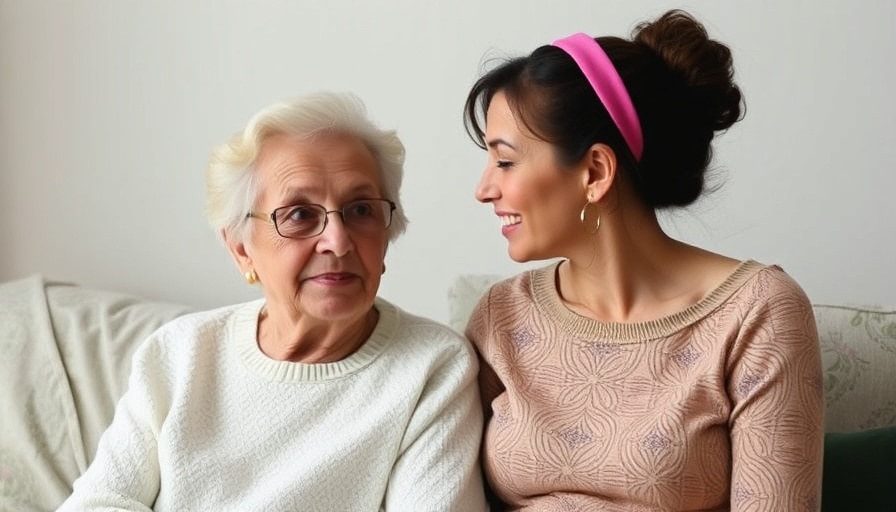
Facing a Diagnosis: The Struggle to Share with Family
Learning about a serious illness like cancer brings about a multitude of emotions—fear, anger, sadness, and often, a deep-rooted sense of isolation. One individual's experience reveals a common dilemma many face: Whether to share such heavy news with family. The concern is not just about the diagnosis itself but about the history of emotional hurt that can complicate sharing such sensitive information.
The Weight of Childhood Experiences on Adult Health
When someone has unresolved childhood trauma, especially stemming from parental figures, the diagnosis of cancer can evoke overwhelming emotions. This specific individual recounts a tumultuous upbringing marked by an alcoholic father and a mother who faced significant psychiatric issues. These emotional burdens don’t simply disappear when adulthood is reached; they resurface in times of crisis, such as after a cancer diagnosis.
This connection between parental behavior and emotional trauma during childhood has been examined in various studies. Research shows that children of cancer patients may develop symptoms of posttraumatic stress, particularly when familial communication is lacking, or when they perceive their parents as emotionally unavailable or dismissive in stressful times (Egberts et al., 2015). Such negative experiences can influence mental resilience later in life, complicating how one approaches a significant medical diagnosis.
Can Communication Bridge the Gap?
Open dialogue is vital in any family context, particularly during health crises. Despite this, the fear of expressing vulnerability often leads individuals to withhold crucial information from their loved ones. The individual’s brother advised against disclosing what they feel would be hurtful comments from their parents—an anxiety replicated by many who have encounters with chronic illness in their families. Past negative experiences shape expectations and foster a fear of judgment that can stratify family dynamics.
The implications of maintaining such secrets are profound—while avoiding potential confrontation, the emotional toll can be detrimental. A study from ecancer highlights that family members of cancer patients face psychological distress, potentially exacerbating their own health issues (Choudry et al., 2024). These familial stresses underscore the importance of healthy communication and support systems.
Understanding the Ripple Effects of Health Crises
Stress related to a cancer diagnosis doesn’t just affect the patient; it reverberates through the family unit. As detailed in recent research, first-degree relatives experience increased risks of developing psychological conditions and cardiovascular diseases following a loved one’s diagnosis. With dramatic health truths laying bare, the interconnected health of families emerges—a critical consideration in holistic health practices (Choudry et al., 2024).
Choosing the Path Forward: Self-Care vs. Family Obligations
Ultimately, the decision to share personal health struggles lies chiefly with the individual. The implications of doing so necessitate careful thought regarding both personal healing and family dynamics. Seeking therapists can provide mechanisms to reconcile personal traumas while nurturing one's health. Mental health specialists can offer strategies to navigate difficult conversations in healthier ways, potentially breaking the cycle of hurt passed down through generations.
The usage of therapeutic interventions tailored for individuals experiencing familial issues is paramount. As seen in both the referenced and original narratives, trauma-focused cognitive behavioral therapy can effectively address related symptoms. These approaches reinforce personal coping mechanisms enabling individuals to engage in better communication with family members, ultimately cultivating a more supportive environment.
 Add Row
Add Row  Add
Add 




 Add Row
Add Row  Add
Add 


Write A Comment